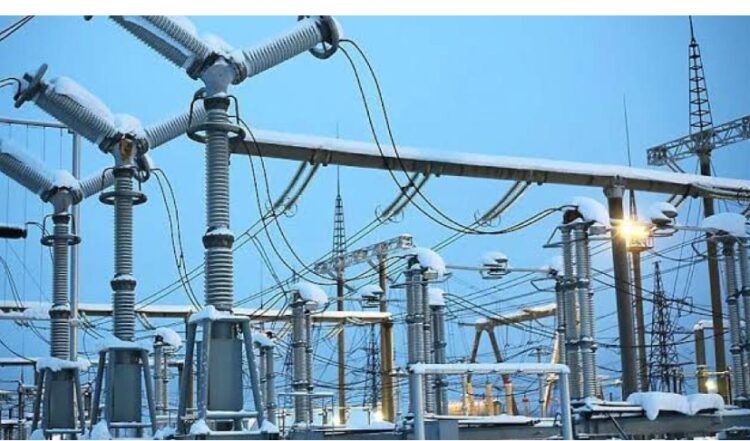Blackout: Why national grid collapse’ll not end soon
requirement of 50 hertz.
“It has always been out of frequency requirement of the grid.”
Grid collapse embarrassing – DISCOs
Similarly, the DISCOs had described the frequent grid collapses as embarrassing, saying that it has dented their reputation.
Speaking for the DISCOs, Umar Sanni Bello, representative of the Jos Electricity Distribution Company (JEDC), said the development had made some of its big customers, like manufacturers, threaten to leave the company.
“Right now we have continued to manage these threats, but with these constant outrages, it is more difficult. We are likely to lose both big and regular customers to other spaces if this continues. “
Decentralize grid – Iledare, Yusuf
In the views of Prof. Wumi Iledare, a Professor Emeritus in Petroleum Economics and Policy Research, there is a need to decentralize the national grid to attain efficiency.
“The grids are incapable of transmitting the electrons fed into it. They are old infrastructure. Here lies the need to decentralise the electrical power system governance and management.”
For Chief Executive Officer of the Centre for the Promotion of Private Enterprise, CPPE, Dr. Muda Yusuf, the frequency of the grid collapse is becoming very embarrassing.
“There is a need to do something urgently about it and it should be treated as an emergency and in fairness, I am aware the minister of power has taken some steps setting committees to look into it.
“From my view, there are so many several reasons for grid collapse. The government has the responsibility to ensure it minimises the disruptions and dislocation that these collapses are causing the economy.
“This is because the alternative to power supply is very expensive, which are petrol, diesel or gas generators. These are very costly and thus affecting the cost of productions and operations, especially when you think of other pressures businesses are facing at this time. Challenges of Foreign exchange, FOREX, high interest rate, high cost of imports and clearing cargoes, high cost of transportation, and we cannot allow this additional burden to compound the problem, So something has to happen fundamentally.
“But we need to decentralize the grid and it has to be done very urgently. This is so that when there is a grid problem, it can be localised. Because the National grid’s framework is too centralized in such a way that what happens in Jebba or Oshogbo substation, it affects everywhere in the country.”
Propane, a way out – Oilserv
Continuing, Chief of Staff of Oilserv Group of Companies, Mr. Cephalus Wariri, highlighted the vast potential of propane to reshape Nigeria’s energy landscape by providing cleaner, cost-effective, and decentralized power solutions.
According to him, “Nigeria’s persistent energy challenges, which include unreliable grid infrastructure, inefficiencies in power delivery, and escalating operational costs have affected millions of Nigerians.
“Off-grid solutions have emerged as essential for closing the electricity gap, but not all off-grid sources offer sustainable, cost-effective, or eco-friendly options.”
Wariri, who presented research co-authored with Prof. Obindah Gershon of the Centre for Economic, Policy, and Development Research (CEPDeR) at Covenant University, underscoring propane’s advantages as an off-grid solution.
He said, “Our study revealed that propane-powered generators could reduce CO‚ emissions by 13.8 percent to 31.1 percent compared to diesel, based on generator-load matching. Also, propane provides notable economic benefits; its generators reduce the Levelized Cost of Electricity (LCOE) by 10.52 percent to 45.25 per cent relative to diesel, while the fuel itself is approximately 41.64 percent cheaper per gallon than Automotive Gas Oil (AGO). With these cost savings, propane-powered systems stand out as both a cleaner and more affordable alternative for Nigeria’s off-grid energy sector.”


